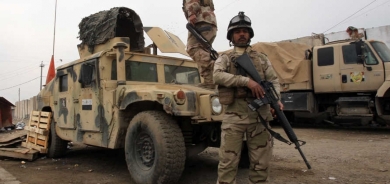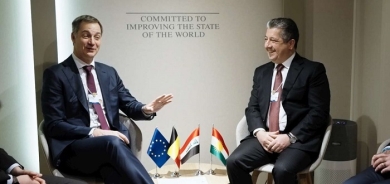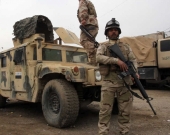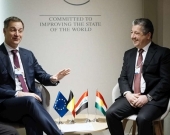Arabization Intensifies in Kirkuk Amid Looming Census, Threatening Kurdish Identity

The Arabization of Kirkuk has reached critical levels, with numerous Arab settlers being relocated from various Iraqi cities to the center and surrounding areas of the city. This demographic shift, which has accelerated since October 16, 2017, is raising alarms about the future of Kirkuk’s Kurdish identity, especially with a national census scheduled for later this year.
Under the leadership of Rakan Saeed al-Jabouri, the Arabization efforts over the past seven years have surpassed those seen during previous Iraqi regimes. Karwan Kamarkhan, head of the Kirkuk office for the Kurdish territories outside the Kurdistan Region’s control, highlighted the severity of the situation: “After October 16, 2017, the Arabization campaign in Kirkuk has continued, involving the transfer of civil status ID cards and ration cards from other Iraqi provinces to Kirkuk. Residency cards are being issued to these new settlers for a very small amount of money, reflecting the severity of the Arabization process.”
The upcoming general census in November has been met with strong opposition from the Kurdish community, who fear it will further undermine Kirkuk's Kurdish identity. Shakhawan Abdulla, Deputy Speaker of the Iraqi Parliament, expressed his concerns, stating, “The population census should not be conducted in Kirkuk. If the census proceeds, it must adhere to certain standards. We will not recognize any census in Kirkuk and will treat it as we did the 1977 and 1997 censuses.”
The relocation of Arab families to Kirkuk and the Kurdish areas outside the Kurdistan Region’s control, along with the impending census, contradicts Article 140 of the Iraqi Constitution, which outlines the process for addressing the status of disputed territories. Documents and statistics indicate that over 100,000 Arab families have been relocated to Kirkuk from other cities since October 16, 2017.
The ongoing demographic changes pose significant challenges to Kirkuk’s Kurdish identity, raising serious concerns about the city’s future governance and cultural landscape. As the census approaches, the stakes for Kirkuk’s identity and autonomy continue to escalate, leaving the Kurdish community in a precarious position.














